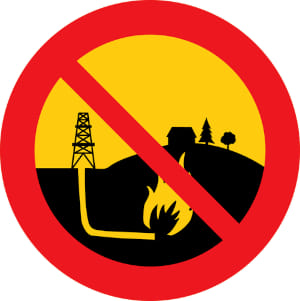
In October, the governments of Austria and The Netherlands warned of the risk of a “great blackout”. Soaring natural gas prices, lack of security of supply and a challenging outlook of pipeline deliveries from Russia made the governments exceedingly nervous about the chances of providing cheap and reliable energy for homes in winter.
However, an unexpected ally has prevented an energy crisis in Europe and, ironically, it is an ally that was banned in most European nations: Shale gas.
Continue reading How The Shale Revolution Saved Europe from a Great Blackout